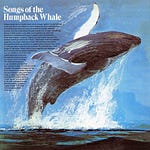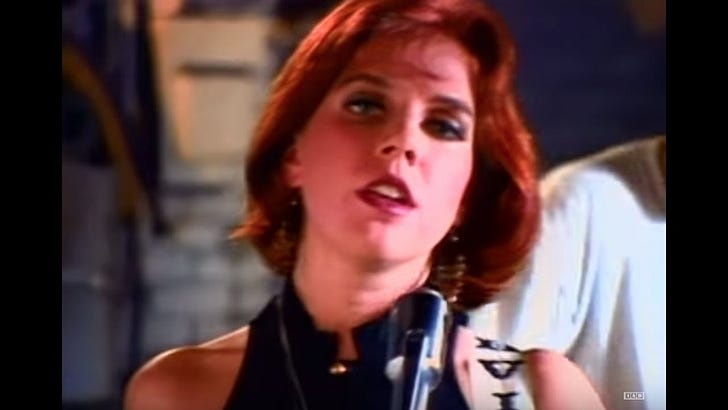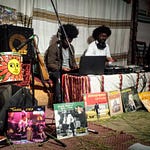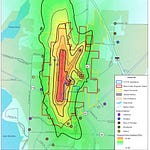Introducing Human Powered
Today I’m excited to announce the launch of Human Powered, a six-episode podcast miniseries that introduces you to people tackling hard problems through community-oriented projects. It’s a show about people making places better.
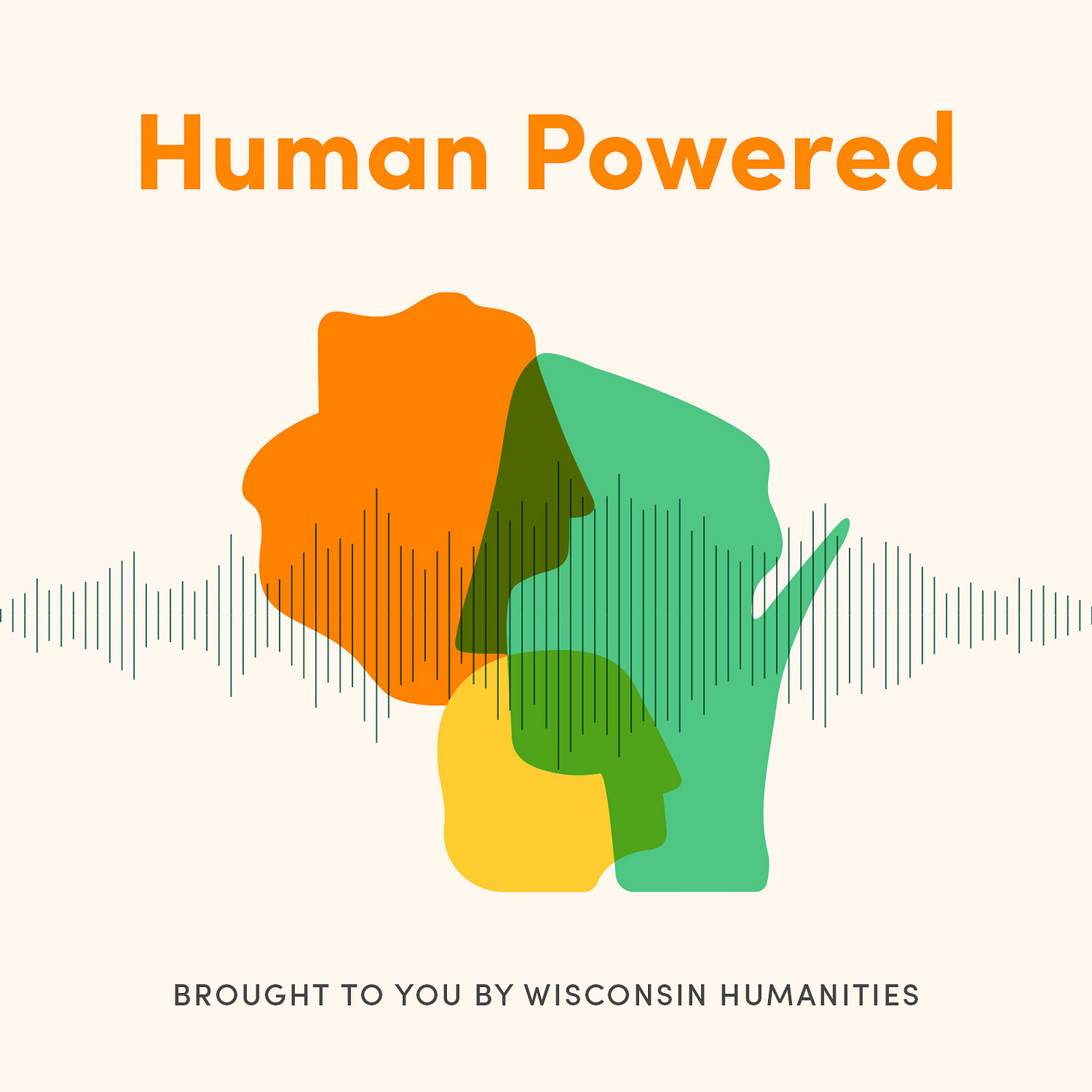
The show is a collaboration between me and the Wisconsin Humanities Council, who have supported these projects through grants. From discussion groups to photo exhibits to writing clubs to community gardens, these projects demonstrate how the tools and methods of the humanities can be used to address some of the most pressing issues of our time: racism, poverty, climate change, human trafficking, food access, and indigenous knowledge.
A short preview for the series is out today, with the first full episode coming out on September 1st. You can listen at the link above, or on Apple Podcasts, Spotify, Google Podcasts, or wherever else you get your podcasts. If you like what you hear, then you can really help us out by leaving a 5-star rating and/or hitting the subscribe button so that you can get the first episode as soon as it comes out.
In the preview and the first episode you’ll meet Tracey Robertson, a Black woman who moved from Chicago to Oshkosh, Wisconsin, and found the city less than welcoming. It seemed like everyone in town had the same assumptions about why Black people moved there: either to be closer to the nearby prison because a friend or family member was incarcerated there, or to “escape the ghettos” of Chicago and Milwaukee. But Tracey was from an upper-middle-class Chicago suburb—certainly not “the ghetto”—and had no connection to the prison. And the more people of color of she met, the more she realized just how far off these assumptions were. So she started a series of community conversations around race, and then organized and curated a photo exhibit showcasing people of color—hoping to literally change the way people in Oshkosh see their neighbors.
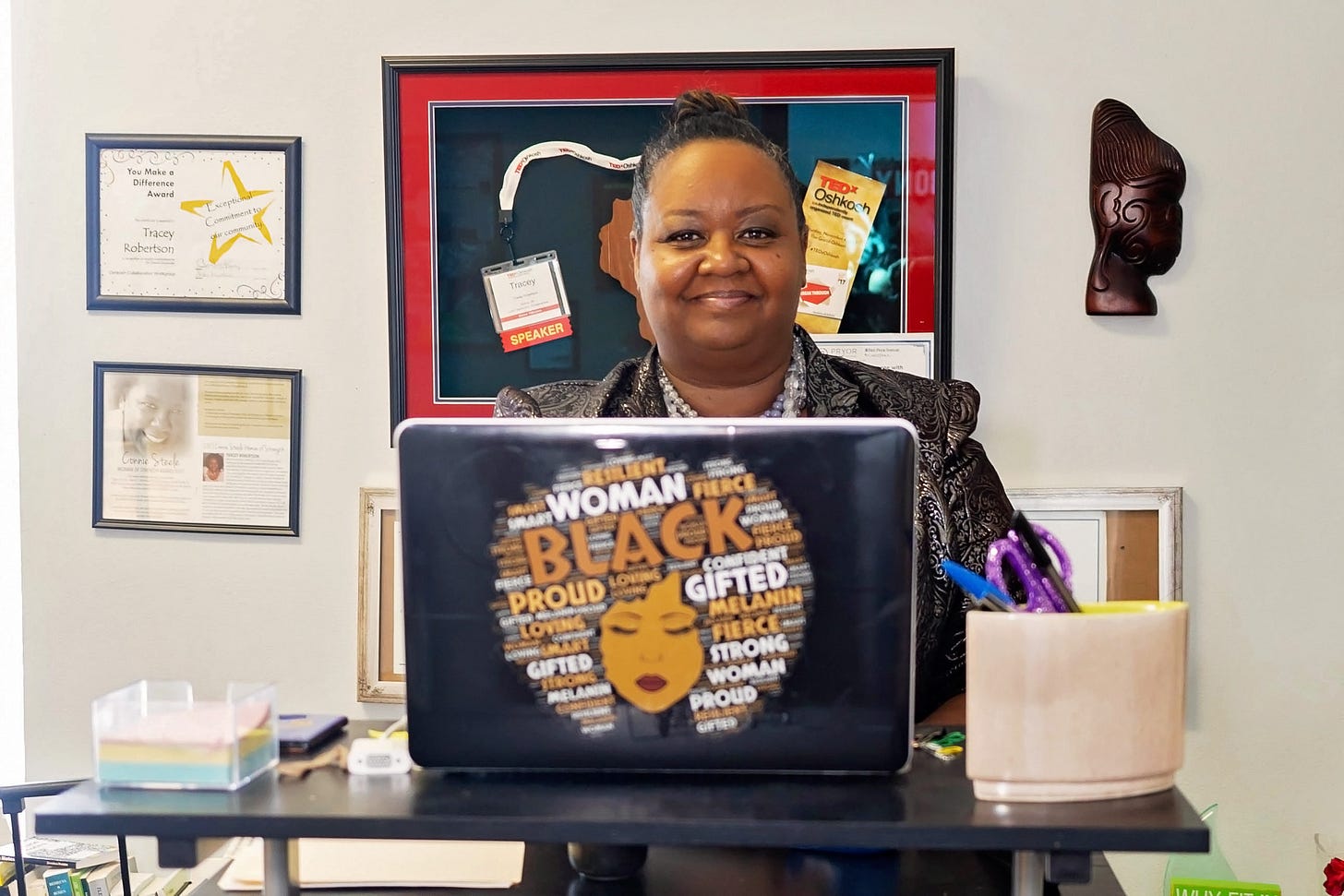
Tracey Robertson in her office in Oshkosh, WI. Photo by LotusFly Photography.
As someone with an advanced degree in the humanities, I’m a firm believer that humanities tools and ways of thinking—historical research, textual analysis, critical thinking, creativity, storytelling—are more important than ever as we try to confront complex social problems. I’m also excited, and cautiously optimistic, that we approached these problems for this series not only from our positions as academics or administrators or media producers, but instead gave priority to the people on the ground doing the work—many of whom are people of color or from otherwise marginalized communities. I was incredibly inspired by the stories that I heard and continue to hear as I produce this show, and I hope you’ll be inspired as well.
I know it’s only three minutes of audio, but feel free to let me know what you think, and stay tuned for more episodes throughout the fall. And I’m excited to start a larger conversation with the first episode in a few weeks.
Talk soon,
Craig



